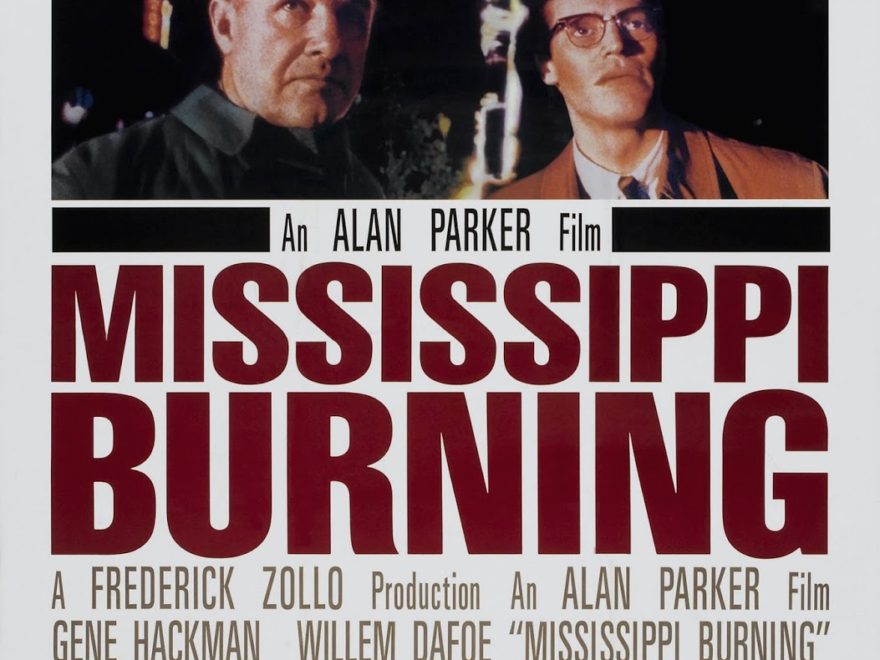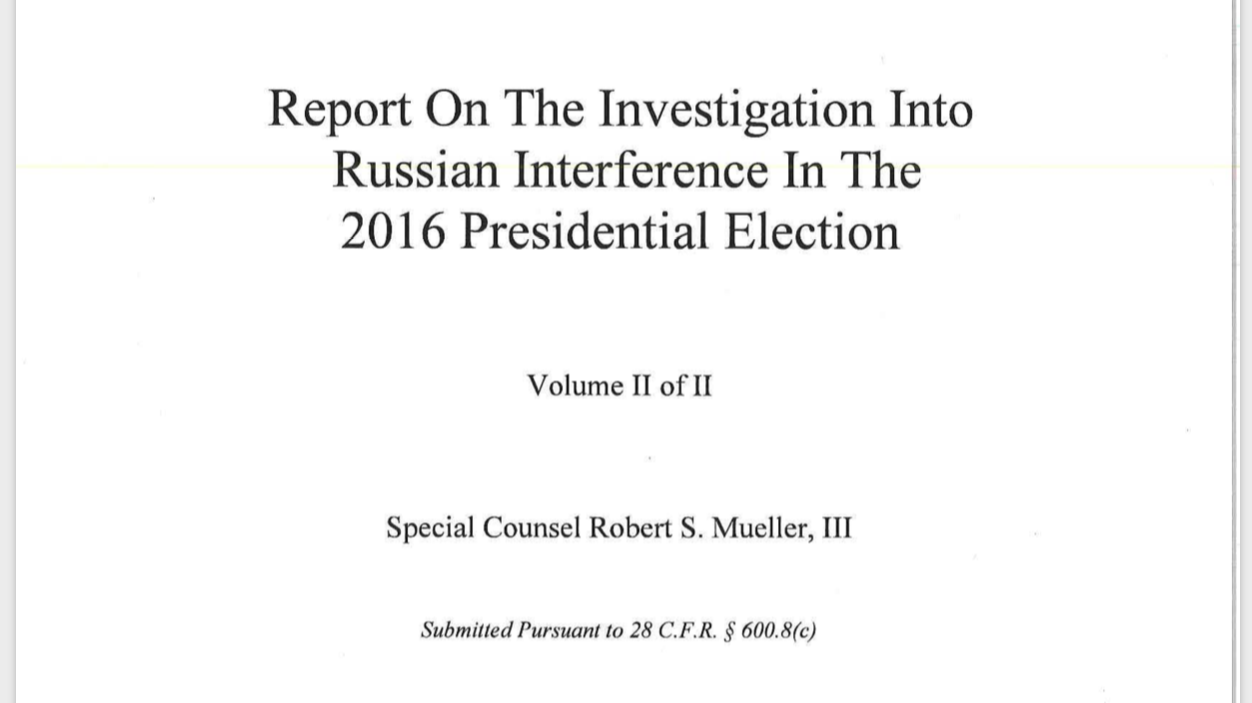The Gallery of Miracles and Madness: Insanity, Modernism, and Hitler’s War on Art, by Charlie English. Random House, 336 pages, 16 pages of plates, 2021. ISBN: 9780525512059. Hardcover, $28 Charlie English begins his history of Nazi cultural preoccupations— – and the genocides that followed— – with the story of Franz Karl Buhler, a German blacksmith who turned painter after he was overtaken by mental illness and entered an asylum. He also was an artist collected by the pioneering psychiatrist Hans Prinzhorn (who gave him the pseudonym Franz Pohl), and he was as well an early victim of Nazi genocidal policies. Prinzhorn, and his
Continue readingCategory: Politics

Is Ersatz History Good Enough?
Does it matter that the history found in most Hollywood films based on real events and real people is ersatz? Watching 2020’s The Trial of the Chicago 7 and its frequent falsifications, I was reminded of a piece I wrote years ago about how a fake cinematic reality can all too easily substitute for actual historical knowledge. Hollywood producers certainly have the artistic prerogative to not care about rendering an accurate account of historical events, but it’s a choice with consequences (even if often without obvious dramatic rationale). Why? Because the Hollywood version is not only the most vivid account
Continue reading
The Mueller Report (and Facebook too)
Some time ago I recused myself from joining political discussion on Facebook. I’m convinced that the political content we post on Facebook, no matter how salutary a contribution we think it will make to the conversation, makes an even more salutary contribution to the profiles and algorithmic precision used by the Russians and their domestic fellow travelers to manipulate and undermine our political discourse and those who participate in it. Social networks ought to be a powerful forum for political discussions and debates, but Facebook is a poisoned environment. Even though I know that my good friends and their good
Continue readingObstructionism or roll over: Two ways for Democrats to lose
Should the Democrats develop some backbone and give Republicans a taste of their own medicine? Fair play seems to demand extreme measures to obstruct the conservative agenda and get in the way of every Trump move.
Continue readingReview: A Tale of Two Cities
A Tale of Two Cities by Charles Dickens My rating: 3 of 5 stars The opening and closing lines are immortal classics, and the book does has some great characters and set pieces. But it’s my least favorite Dickens, showing off his biggest flaws, especially overwrought language, rank sentimentality and coincidence so arbitrary as to be lazy. Plus, his characterization of the French Revolution is distinctly unhelpful. Indeed, it shows that this champion of the downtrodden was still absolutely terrified of poor people. View all my reviews
Continue reading
Review: The Machine Stops
The Machine Stops by E.M. Forster My rating: 5 of 5 stars I read it long ago, but it’s been hugely influential on my thinking. Another case of a writer with uncanny prescience. View all my reviews
Continue readingReview: Boomerang: Travels in the New Third World
Boomerang: Travels in the New Third World by Michael Lewis My rating: 4 of 5 stars Pretty scary stuff about the global financial crisis, and great insights and anecdotes. I’m not sure I’m as convinced as Lewis that each country’s unique flavor of crisis can be attributed to each country’s unique national character, but it’s an interesting perspective. View all my reviews
Continue readingReview: The Passage of Power
The Passage of Power by Robert A. Caro My rating: 5 of 5 stars Caro continues to overwrite, but his obsessive love of detail not surprisingly makes for a fine-grained story, a mark of great history writing and sufficient payoff for those who have the patience to slog through it all. In this volume he also seems to moderate the distaste for his subject that has been evident throughout the biography. This covers the period, after all, where Johnson built a foundation of greatness as he rose above his predecessor’s accomplishments by passing the first strong civil rights law since
Continue readingReview: The Better Angels of Our Nature: Why Violence Has Declined
The Better Angels of Our Nature: Why Violence Has Declined by Steven Pinker My rating: 4 of 5 stars Steven Pinker’s core argument is compelling and important. Contrary to the nearly universal assumption that things have never been worse, human society is actually becoming less violent. As horrifically as the wars and genocides of the last 100 years loom in our consciousness, the long view of history demonstrates that life for many of our ancestors was far nastier. Genocide, rape and enslavement were routine, even heroic, aspects of war. Interpersonal violence was ubiquitous. Human rights as a concept was unknown.
Continue reading